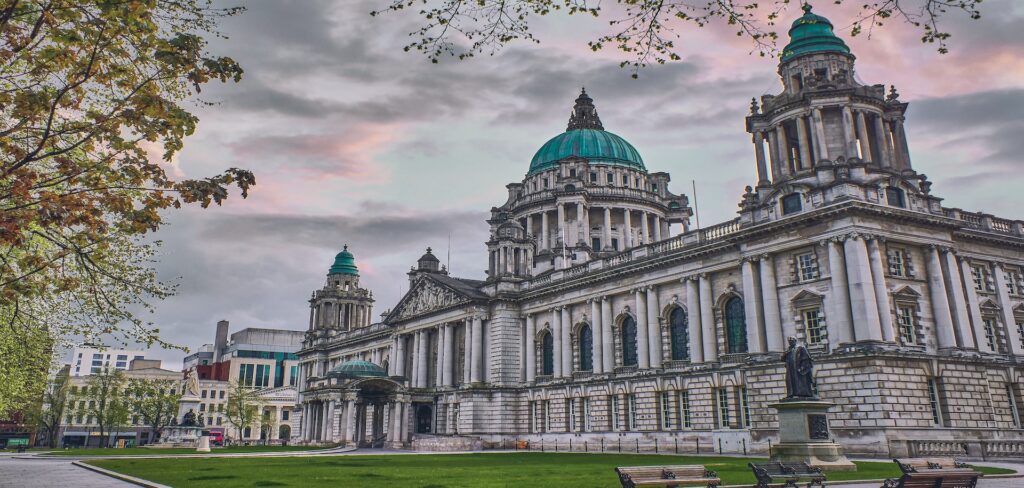Reimagining social and environmental concern

Love for our fellow humans and other living beings isn’t a finite resource that depletes with use, and for which different groups must compete. It grows stronger as its focus is broadened.
Social and environmental concern isn’t a zero-sum game. Strength lies in building on shared values to establish solidarity across diverse causes. Building linkages between causes multiplies our commitment to address these challenges. In this way we become more than the sum of our parts.
This year, we’re launching a new conversation to help build deeper connections between groups and networks that are engaged on issues which may currently seem unrelated. This blog outlines some initial ideas, and hopes to encourage you to want to join this conversation to improve on these ideas, and to help to take them to the next stage (there’s a bit more on how to do that at the end).
Values and Brexit – minding the perception gap

What values best predicted a vote to remain in the EU in the 2016 Referendum? Were these values the ones that the Remain campaign drew attention to? And what of the preponderance of talk about the economy in communications from both sides (but especially the Remain campaign)?
My cause is your cause – wedded to compassionate values for Australian marriage equality vote

Recently Australians were asked via a non-compulsory postal survey “Should the law be changed to allow same-sex couples to marry?”
The agoras in our midst

What is the role of arts and cultural organizations in society? What can they do to engage communities and bring people together? What can they do to promote social justice and encourage action on climate change? What role can they play in building more compassionate and caring communities, and in inspiring volunteering and other civic participation?
Volunteering Values, community in a cultural setting

Volunteers are the beating heart of many organisations lucky enough to have them, and that’s no different at Manchester Museum. Research conducted by Common Cause, tells us that we underestimate how widespread values like compassion, kindness and helpfulness are – and this inadvertently holds us all back from collectively addressing big social and environmental issues like inequality and climate change.
Let’s celebrate the world’s 2.6 million co-ops

There are around 2.6 million co-operative enterprises worldwide, with a combined membership of around one billion people. The beauty of co-ops is that they have a global code of values and principles, so tend to be interested not just in business (as usual), but in re-imagining the economy to be fairer and more sustainable. The 1st July was the 95th annual International Day of Co-operatives, a global celebration of co-ops backed by the United Nations.
Why direct democracy needs to be part of progressive wellbeing politics

Higher wellbeing is embraced by researchers and politicians as a better goal for society than GDP growth. Until now, it has been mainly centre-right governments that have pushed this agenda in Europe – from Nicolas Sarkozy to David Cameron and Angela Merkel. The United Arab Emirates recently appointed a “happiness minister”. Is “wellbeing” used as a new goal to make people forget about injustice and inequalities?
The UK election: a triumph of values over perception?

Much of our work over the last couple of years has focused on the likely consequences of the ‘perception gap’. Most people (85% of citizens in Greater Manchester, for example) place more importance on ‘compassionate’ values of community, social justice and equality than they do on values of wealth, success or social status. But it’s also the case that most people (75% across Greater Manchester) underestimate the importance that others place on these values. Our work finds that this ‘perception gap’ is greatest among people who self-identify as ‘liberals’.
Values at City Hall

With a month to go before mayoral elections in England, there is one overarching question that voters can ask of their mayoral candidates: will they organise their work around the values that citizens in these cities and city-regions hold to be most important, and will they do so explicitly – testifying publicly to the shared importance of these values?
International Day of Happiness

In 2011, the UN General Assembly adopted a resolution which recognised happiness as a “fundamental human goal.” The following year the International Day of Happiness was born and from 2013 onwards it’s been celebrated every year on the 20th March. Unsurprisingly it’s got us all talking about how we can be happier, individually and as a society